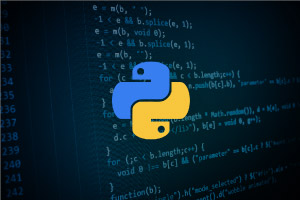Online courses directory (684)
This team-taught multidisciplinary course provides information relevant to the conduct and interpretation of human brain mapping studies. It begins with in-depth coverage of the physics of image formation, mechanisms of image contrast, and the physiological basis for image signals. Parenchymal and cerebrovascular neuroanatomy and application of sophisticated structural analysis algorithms for segmentation and registration of functional data are discussed. Additional topics include: fMRI experimental design including block design, event related and exploratory data analysis methods, and building and applying statistical models for fMRI data; and human subject issues including informed consent, institutional review board requirements and safety in the high field environment.
Additional Faculty
Div Bolar
Dr. Bradford Dickerson
Dr. John Gabrieli
Dr. Doug Greve
Dr. Karl Helmer
Dr. Dara Manoach
Dr. Jason Mitchell
Dr. Christopher Moore
Dr. Vitaly Napadow
Dr. Jon Polimeni
Dr. Sonia Pujol
Dr. Bruce Rosen
Dr. Mert Sabuncu
Dr. David Salat
Dr. Robert Savoy
Dr. David Somers
Dr. A. Gregory Sorensen
Dr. Christina Triantafyllou
Dr. Wim Vanduffel
Dr. Mark Vangel
Dr. Lawrence Wald
Dr. Susan Whitfield-Gabrieli
Dr. Anastasia Yendiki
Other Versions
Other OCW Versions
Archived versions: ![]()
















